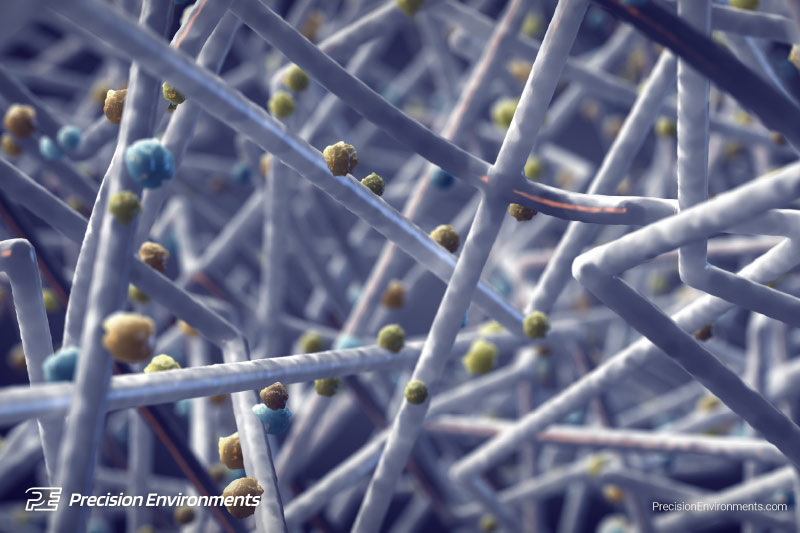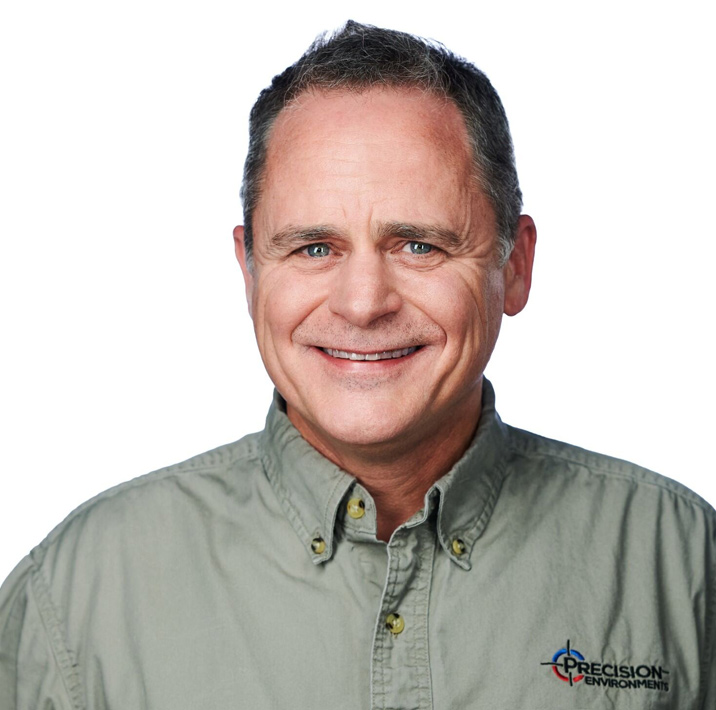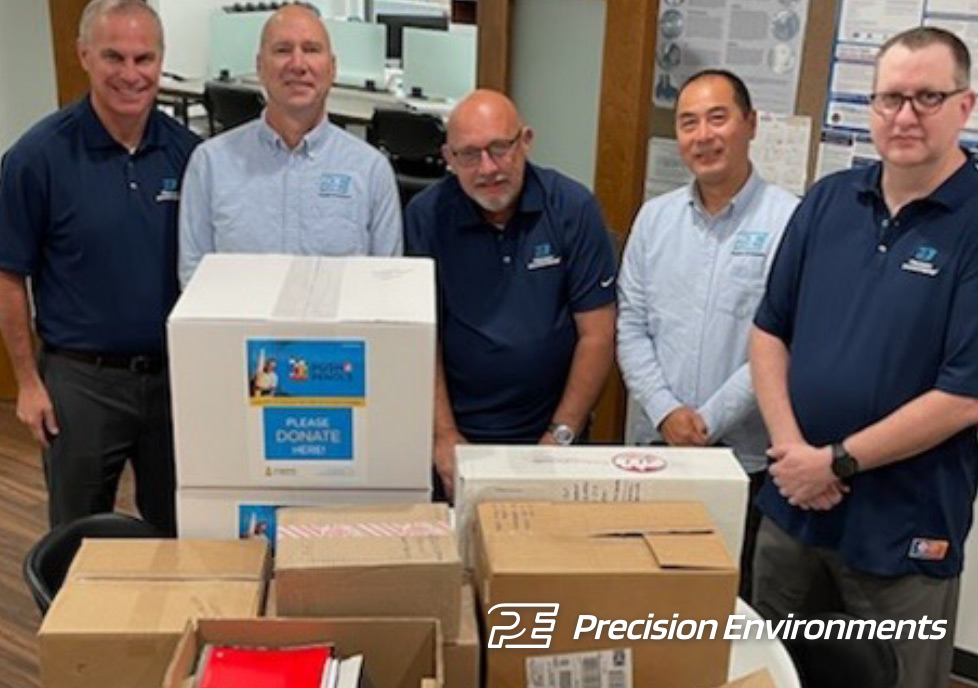What Is the Typical Lifespan of a HEPA/ULPA Filter?
Lifespan of a HEPA/ULPA Filter
Ultra-Low Particulate Air (ULPA) filters collect particles in the 0.12-0.4 µ range and are only necessary for specialized applications such as microelectronics manufacturing or medical laboratories. High-Efficiency Particulate Air (HEPA) filters are more broadly used because they are considered optimal for most biological applications.
The typical lifespan of a HEPA/ULPA filter in a cleanroom depends on numerous factors such as the level of air pollution, frequency of use, and maintenance practices.
Generally, HEPA/ULPA filters in cleanrooms can last anywhere from 1 to 5 years. However, it is important to regularly inspect and monitor the filters to ensure optimal performance. Some cleanrooms have monitoring systems that alert when it is time to replace the filter. To get accurate information on the lifespan of the specific HEPA/ULPA filter installed in your cleanroom, consult the manufacturer’s guidelines and recommendations for maintenance and replacement. Contact our service team to discuss replacing your cleanroom’s filters during your next scheduled shutdown.






